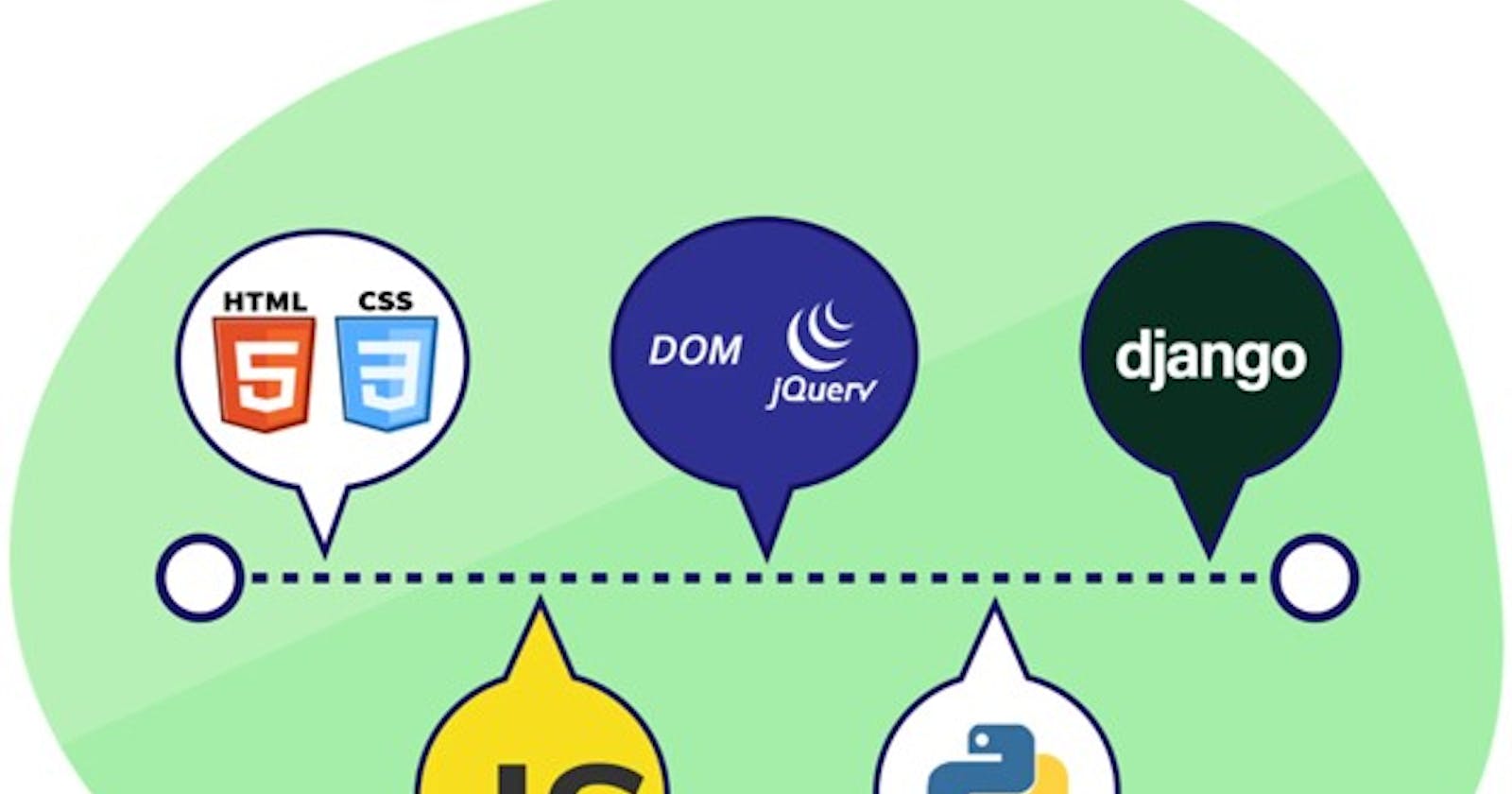What's on your Python reading list this week? (10 recommended resources)
Here are 10 of our favorite Python tips, interactive tutorials, and more
This post is from Grokking Python, a free newsletter available on Substack from Educative, the world’s best learning platform for software developers. It’s where we’ll share our team’s best Python-related info and resources — stuff we think could really enhance your understanding.
Hi Grokking Python readers! Hope your week is off to a great start.
Here’s a question for you: What’s on your Python-related reading list this week?
Programmers at all levels spend a good chunk of time each week reading about code (at least, successful ones do).
As you gain experience, you’ll figure out how to use this time efficiently. But when you’re relatively early in your career, figuring out which learning resources are worth your time can be a real struggle.
While we can’t take all the struggle out of learning, we can offer some resources that we know work for motivated learners.
So, here are 10 Python-related articles and tutorials that Educative learners have found helpful in the past. Our list has a little something for everyone—from beginner guides to real-world tutorials to inspiration—and touches on a wide range of industries and use cases.
Give it a look and see if anything meets your learning goals for this week. If so, add it to your “read later” list so you’ll know where to turn when you find time for learning.
10 Recommended Resources on Educative for Python Learners
1 . A complete guide to web development in Python
Web development is probably Python’s most well-known use case—and it’s where many people start learning. This beginner-friendly article offers a bird’s eye view of the web development process.
Read it to understand how different Python and associated libraries and frameworks (like Flask and Django) fit into the big picture.
2 . 8 data structures every Python developer should know
As any master craftsperson knows, excellence starts with understanding your tools. This article introduces 8 key Python data structures with use cases, sample code, advantages vs. disadvantages, intuitive diagrams, and common interview questions.

3 . Build your own chatbot in Python
The best way to learn Python is by making cool stuff with it. How about a chatbot for moderating Discord groups? Or maybe a Slackbot that pings HQ when your team’s food delivery order arrives? This fun and accessible tutorial will show you the ropes, and you can take it from there.
Bonus: The entire tutorial is text-based—no fluff, and no videos to sit through.
4 . How to learn Python in 5 easy steps
If Python is your first programming language, getting started can feel overwhelming. That’s because you’re learning both programming concepts (like variables and flow control structures) and Python-specific syntax at the same time.
Luckily, Python is so intuitive that this 10-minute read is enough to lay the groundwork. And if you happen to already know other programming languages, you can speed read this one to get the lay of the land.
5 . 3 tips for beginner Python developers: Advice from an industry expert
Wondering how to optimize your learning process? Vincent Russo has some ideas. The seasoned Python developer and computer science PhD is the author of our beloved course Data Structures and Algorithms in Python and runs the YouTube channel LucidProgramming. Here, he doles out some of the wisdom he’s gleaned over years of teaching and mentoring new learners.

6 . 10 Best Python IDEs and Code Editors to use in 2022
The right setup makes building things with Python much faster and easier. But choosing the right IDE or code editor has the potential to be an epic time suck.
In this article, we’ve done the legwork for you. Read it for an up-to-date rundown of our 10 favorite IDEs and code editors for Python, including pros vs. cons and when to use each.
7 . Build your first Flask application in Python
Flask is a simple, lightweight, and incredibly popular web development framework for Python. It’s also among the most sought-after skills among employers looking to hire Python developers. Why not get your first Flask app under your belt with this tutorial?
8 . Python for Mechanical and Aerospace Engineering
In the mood for a little light rocket science? This 8-hour, beginner-level course starts with Python basics and then shows you how to apply them in the context of a rocket launch. By the end, you’ll learn how to model both 2D and 3D static orbits, along with some other neat tricks.
9 . 10 common mistakes Python programmers make (and how to fix them)
No matter how good a developer you are (or one day become), mistakes happen. That’s not necessarily a bad thing—if you can figure out why a mistake happened, you can deepen your understanding of the language (and programming itself).
This article shines a spotlight on 10 of the most common Python mistakes and explains how Python’s inner workings contribute to the errors.

10 . Level up your Python skills with these 6 challenges
Some learners feel like they need to read everything there is to read about Python before they can start using it. But we actually recommend the exact opposite approach.
As soon as you’ve had a look at the basics of the language, it’s time to start practicing and strengthening your skills. You know, doing stuff. These 6 coding challenges are a great place to start.
Moving forward, we want to make sure Grokking Python offers as much value as possible. So, we’d love to know what you’re learning and what resources you’d like to see included in future issues.
Leave a comment and let us know! Your input really helps.
As always, happy learning!
Start a discussion
What is your favorite Python extension to work with? Was this post helpful? Let us know in the comments below!
